Maestro Krishna Chandra Regmi, his grand father gave continuation to the craft Dev Chandra promoted. His father veteran musician Satish Chandra Regmi too took up the instrument and he followed their footsteps loyally.
Because Regmi was born in a family where music and education were given much priority, it was obvious for him to inherit the qualities his forefathers were rich in. Some knowledge of music came into his genes while the rest he attained through learning.

However, as a naughty kid, Regmi did not pick up sitar on his own. In fact he never wanted to play the instrument.
“I never wanted to play. My father used to insist me a lot. What he used to do was give one rupee to my elder brother after he played the instrument and not a single paisa to me. During that time, one could buy a lot of stuffs with that amount. So because of that greed, I too started playing sitar. It was only for money in the beginning. It’s another story that I eventually fell in love with the instrument,” the prominent sitarist and the front man of Sukarma band recalls.
Though he fell in love with the instrument, the cute little boy, not more than six years old, Regmi used to have a tough time holding the instrument for it weighed more than his body.
He laughed and disclosed, “Every time I attended a musical concert, people used to have tough time holding the sitar for me. There were times when the stage had to move from the center towards the wall because I could not support the instrument.”
As a school boy, Regmi always preferred to remain within the circle of his few close friends. Even when he never bothered to poke into other’s issues, there were times when he used to be bullied by some annoying boys of his class. He still remembers smacking the face of one of his class mates, leaving him bleeding and not attending the school for the next three days.
“Not that I was quite fond of dada-giri and pranks but I really couldn’t tolerate someone making fun of me unnecessarily even after being warned,” he chuckled.
Another funny incident that he still remembers happened when he was in class 5. As a very young boy, he had no clue what a husband-wife relation was and what physical relations meant. One of his fellow mates asked him to write “Bagmati, Bishnumati, Rudramati – Yo Schoolma Padhne Sabai Keti Mero Shrimati (All the girls studying in this school are my wives)." Innocently, he wrote all what he was told to. Later he was called by his headmaster and was asked for explanation. He told him that he was asked to do so.
Upon understanding the definition of wife and what those lines meant he was left embarrassed because his sisters were also studying in the same school.
As he was involved in music since his school days, he was already a classical instrumentalist to look up to by the time he did his graduation in law. And that was when he came across a lot of female fans who wrote him love letters.

“During our time, though attraction to opposite sex was too common, we however never crossed our limits. We never promoted puppy love and always respected each other´s feeling. I had a girlfriend too. But our relation was not limited to physical attraction like the ones evident in today’s ultra-modern society. Though I did not get to marry the one I was in love with, we still have that comfort while communication because we never crossed our limits,” Regmi went deep down in nostalgia.
It was in Delhi University when he had tough time handling his female fans. While doing his double Master’s in Music from the University, he became the creative hunk and the prince charming for many ladies in Delhi. But the sitarist never got time to enroll himself into such relationships for he was too busy playing at programs and completing his post graduation.
A doctorate degree recipient in “The History of Music in Nepal with Special Reference to Classical Music during Rana Period,” Regmi says the best thing that ever happened to him was coming across the versatile tabla maestro late Atul Gautam, Pramod Upadhyaya and sarangi player Shyam Nepali. Regmi’s companionship with these musicians began before the band Sukarma was formed. They were involved in music master Homnath Upadhaya’s group “Prastar” which later got split and these friends formed a band and named it “Karma” for awhile before changing it to “Sukarma,” meaning good deeds. They added “Su” in front of their original name after a few Japanese advised them to change their name for they felt it sounded incomplete without "Su."
Having been into classical music for more than two decades now, Dr Dhrubesh Chandra Regmi loves assembling his personal and professional experiences he has gained over the years. He however feels disappointed to see how the young generation has misinterpreted the classical music genre.
“There is no research and dedication these days. I was never compelled to learn music, I was taught in a different way. I can still remember my father asking me the notes of a motor horn that honked while we were crossing the road. My father even used to ask me the music scale of a bicycle bell whenever we passed by one. I loved those experimental learning. Now it’s all technological,” Regmi elaborated.
Even though he has already established himself as a prominent musician and has paid respect to what his forefathers initiated, Regmi still feels that there is so much to be done through music.
“How I wish my father were here with me today to see his son following his footsteps. He always thought that I would one day quit playing sitar and my brother would give that continuation. Had he been here I would have proudly said, Dad I proved you wrong,” the man of notation and classical rhythms concluded.
Sitar maestro Vaidya no more

















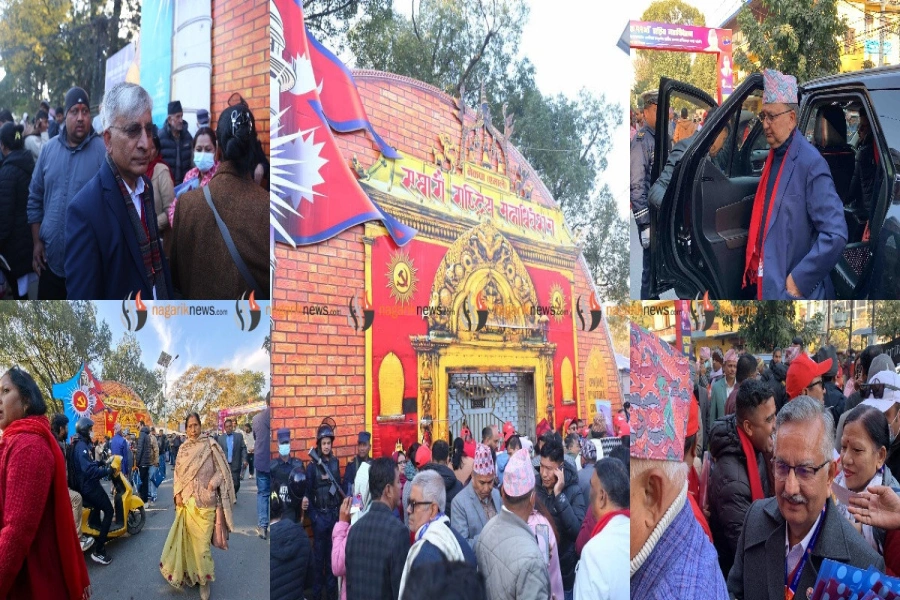
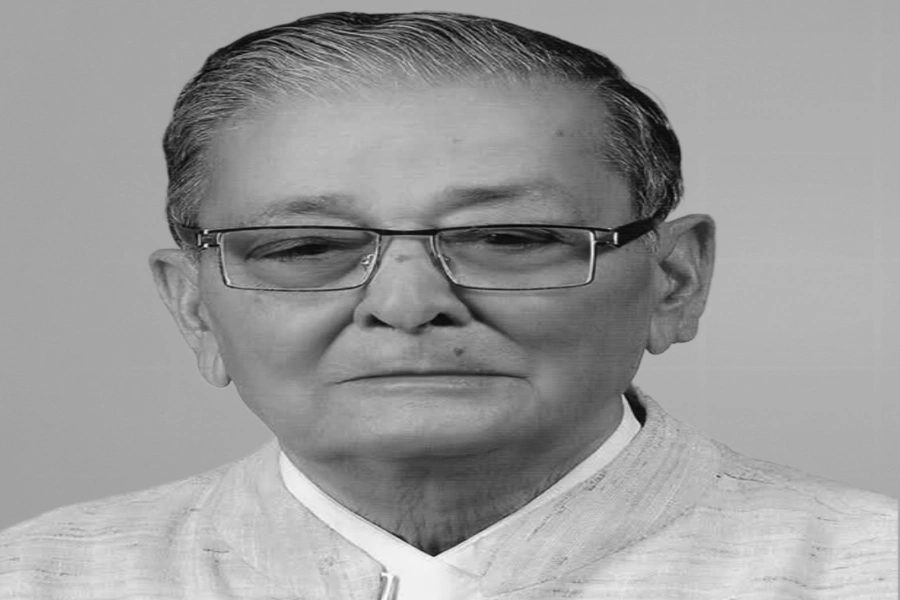
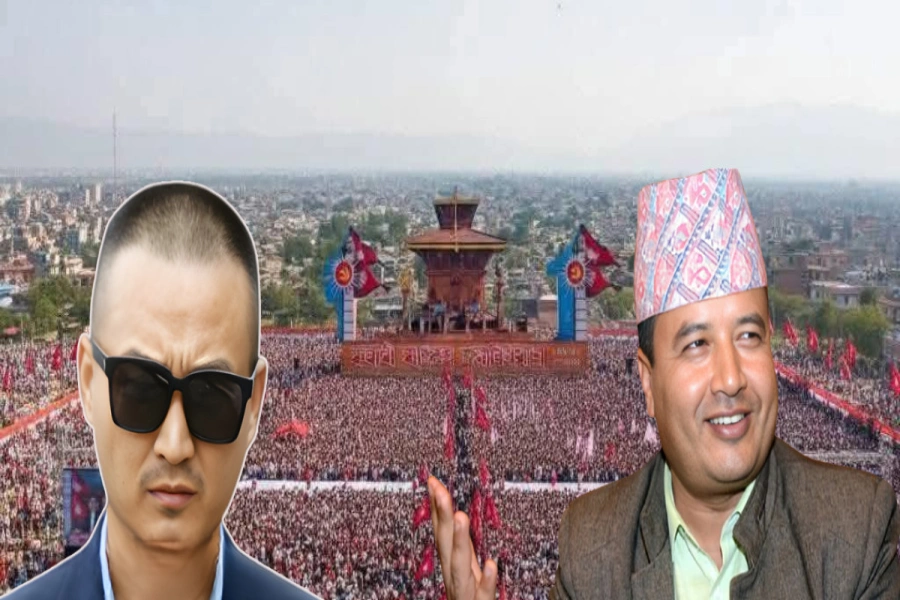

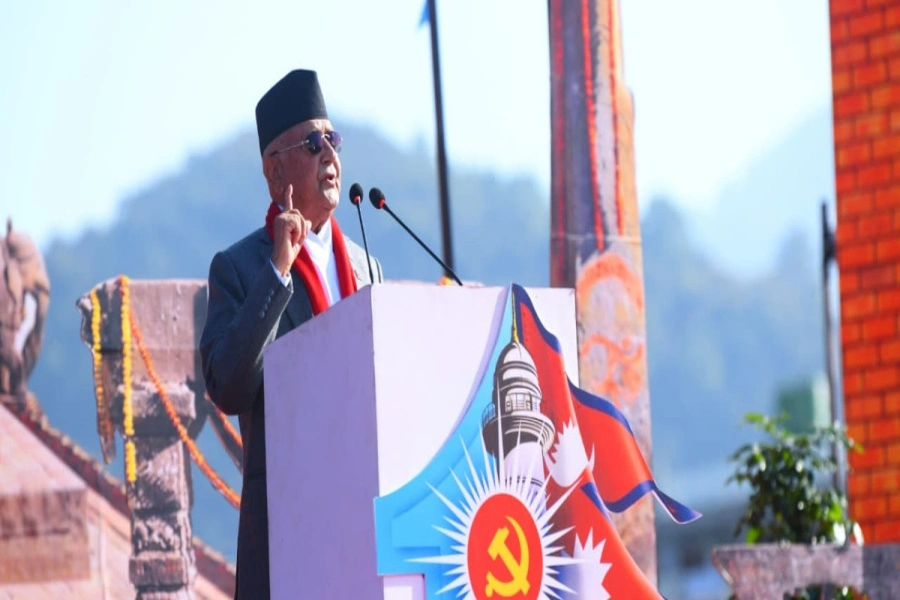




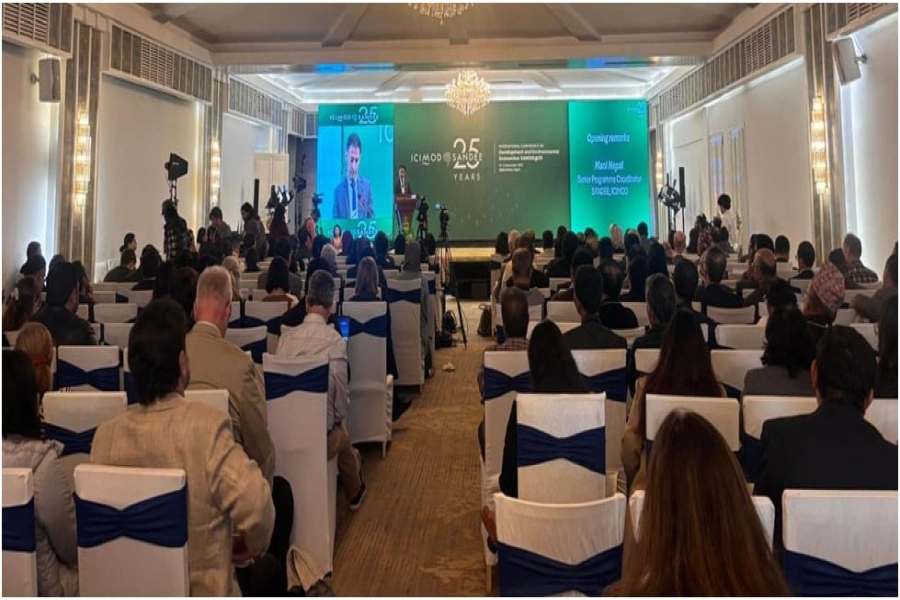










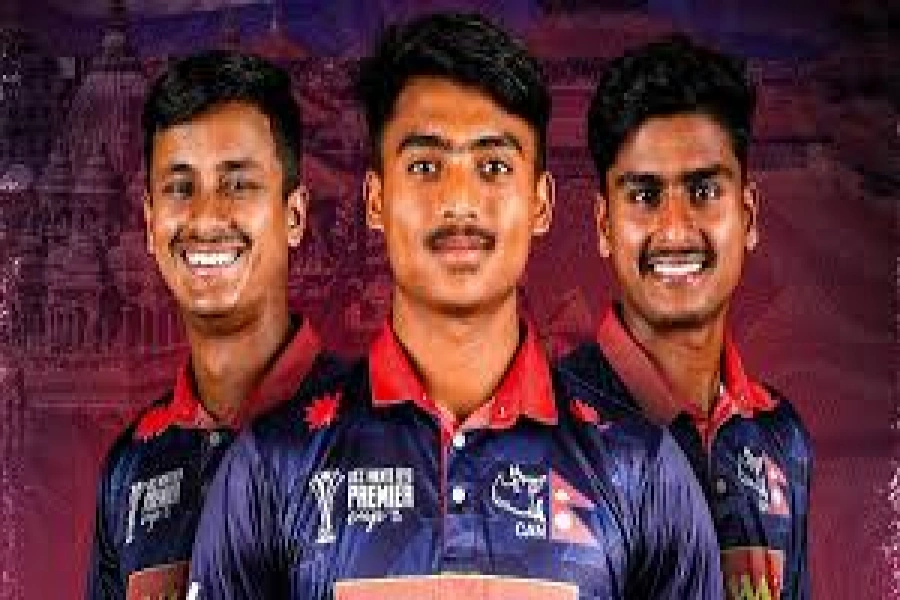

-1765616104.webp)